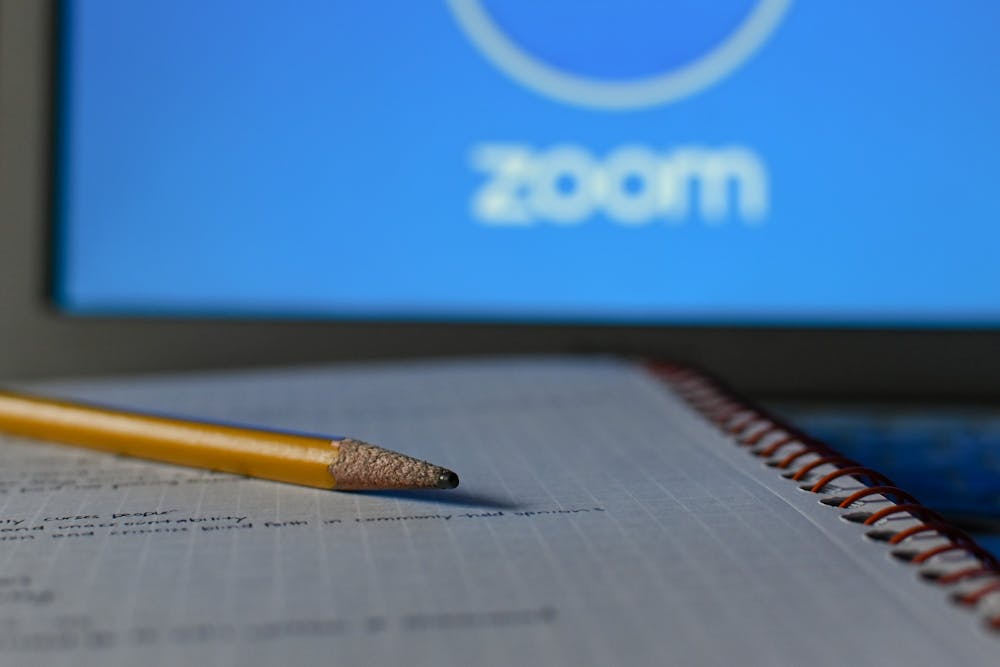I felt a vivid disappointment lash through me when I read the June 25th email detailing Penn’s plan for the fall semester. It became clear to me that returning to campus in the same capacity as before the spread of COVID-19 was an impossibility, and in order to appreciate the new lessons of a new semester, I would have to be open to new ways of learning. This includes letting go of my resentment for online learning, and viewing remote access to in-person education as different, not inherently lesser.
I doubt I am alone in the assumption that an online classroom simply lacks some of the components that have made our education at Penn feel worth the time, effort, energy, money, and stress. However, I urge each of my fellow classmates to interrogate that privilege, and to look beyond the typical college experience that we are advantaged enough to enjoy. Online classrooms are not inherently less. The worry that participation will be lacking in online environments, or that cheating is so readily available are normal concerns for any classroom environment that shouldn’t be conflated with the shift to online learning. The most valid disadvantage of online teaching is the lack of support and preparation that many teachers must bear and wade through.
Al Filreis, director of the Kelly Writers House and English professor at Penn, created Modern and Contemporary American Poetry (ModPo) nearly thirty-five years ago, shifting it to service a fully-online group of students in the mid-1990s. ModPo is what is referred to as a massive open online classroom, MOOC, and has seen thousands and thousands of students complete its course over the years. The students who take this class online range in age and background, seeing as anyone who has access to the online class can sign up and join. It is completely free, and accompanied by a plethora of online materials such as webcasts and discussion videos.
This is an example of an online class opening up the vault of academic knowledge and spreading it to anyone who is interested. When quarantine was first put into effect in New York, my mother texted me and asked if I knew of any classes she could take online to pass the time. I recommended ModPo to her. ModPo is special insofar as it is also offered on Penn’s campus as an undergraduate English class. I have had the pleasure to take the class both online and in person, and though my experiences were different, it would be unfair to rank them in superiority. I was given the same attention, information, and excitement from both.
Online learning comes with side effects, as does every classroom. How do you stress the importance of participation in a massive lecture hall any more than you regulate who logs into Zoom lectures? How do you captivate a student’s attention at the front of a room or in a video? If Penn students don’t care about their classes because they aren’t accompanied by the social outings of a typical semester, that reflects more on the priorities of a student than the quality of education. We are in extreme positions of advantage, attending a school that gives us great opportunities and educational liberties. To ignore those things because our classes have made a vehicular shift would be a selfish act.
Of course I will miss discussions, debates, and intimate conversations. But those things will return. Online classes can provide students with multiple ways to consume the material we need to learn, such as short videos, interactive lectures, surveys, and other collective tools that can be accessed beyond Penn’s campus. We owe it to ourselves and our professors to be open-minded about the semester to come.

SOPHIA DUROSE is a rising College senior from Orlando, Fla. studying English. Her email address is sdurose@sas.upenn.edu.
Have opinions of your own you would like to share? Submit a guest column.









